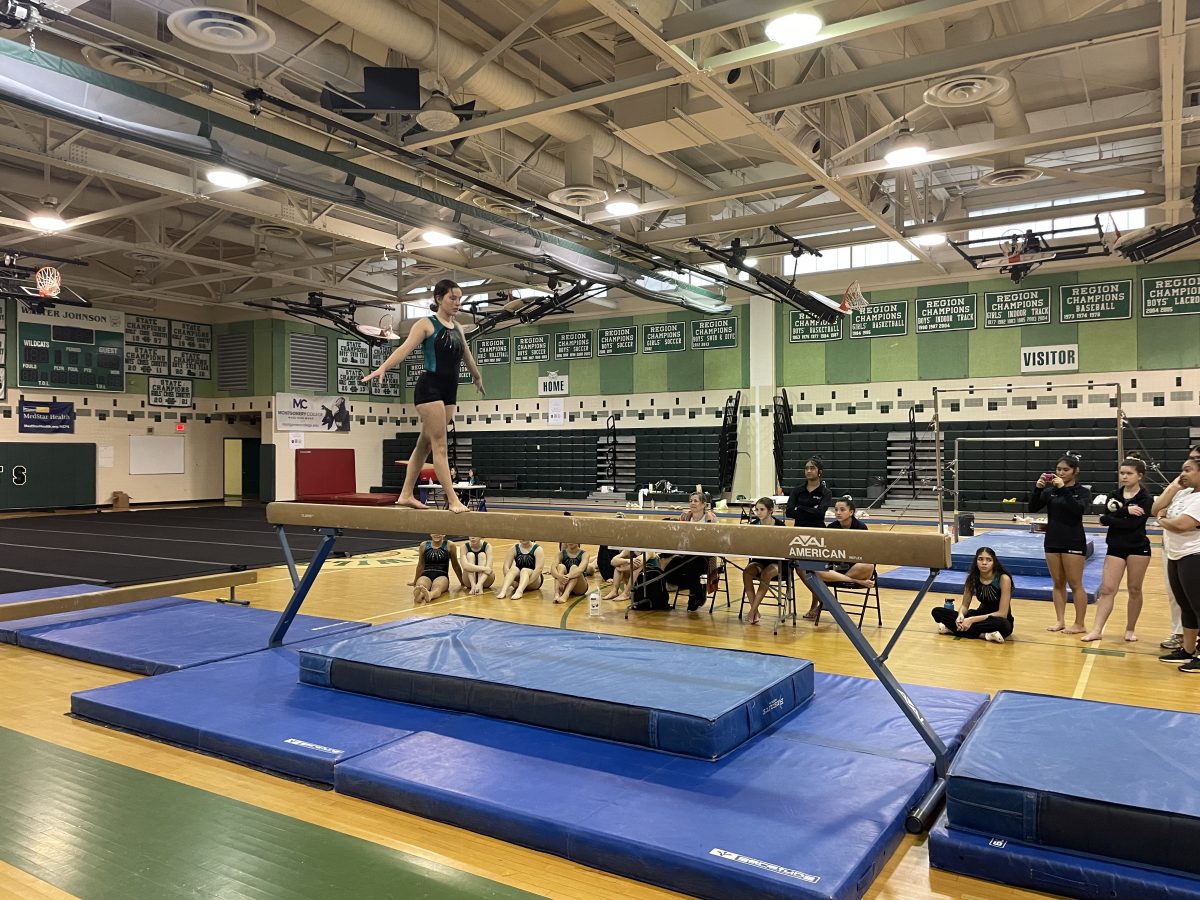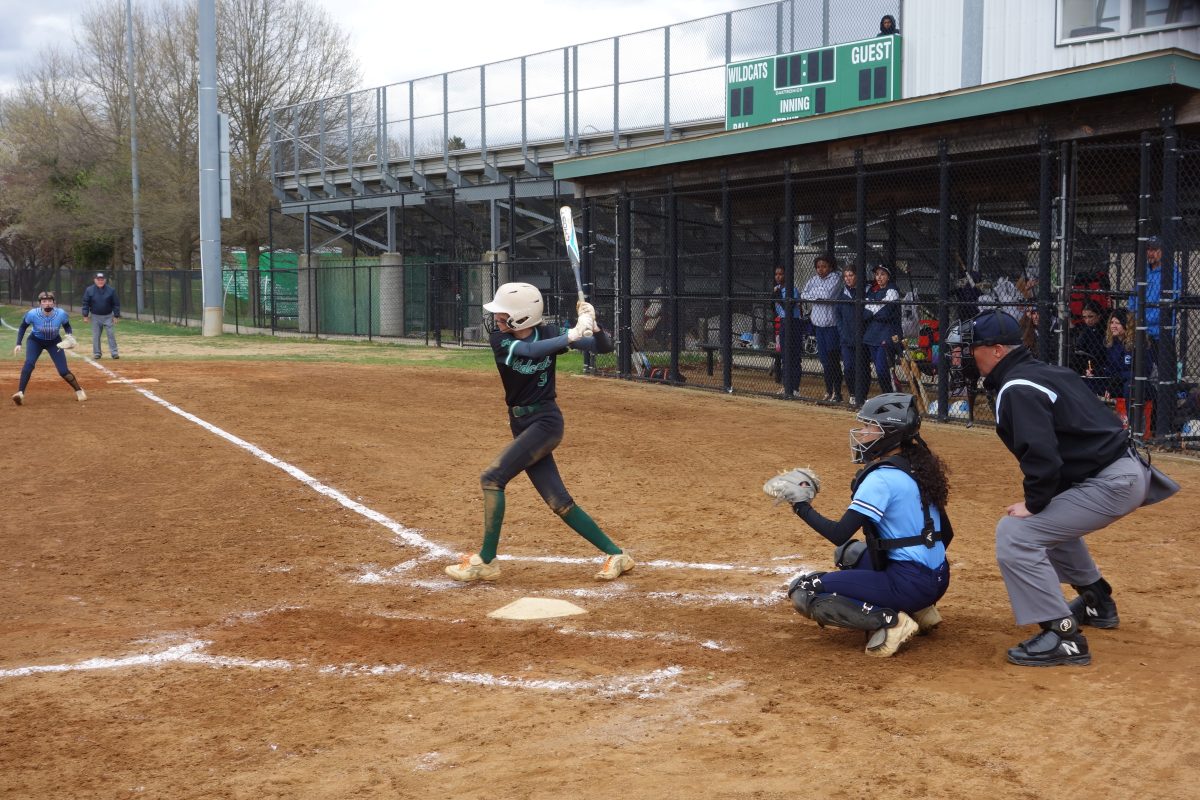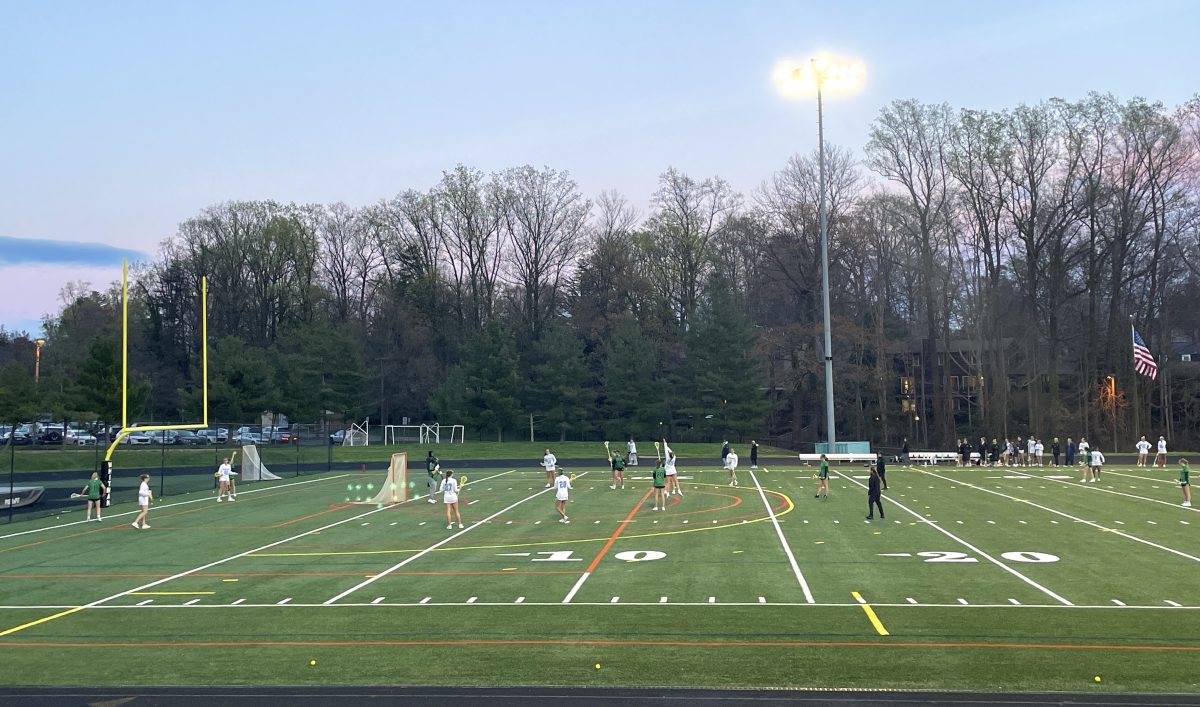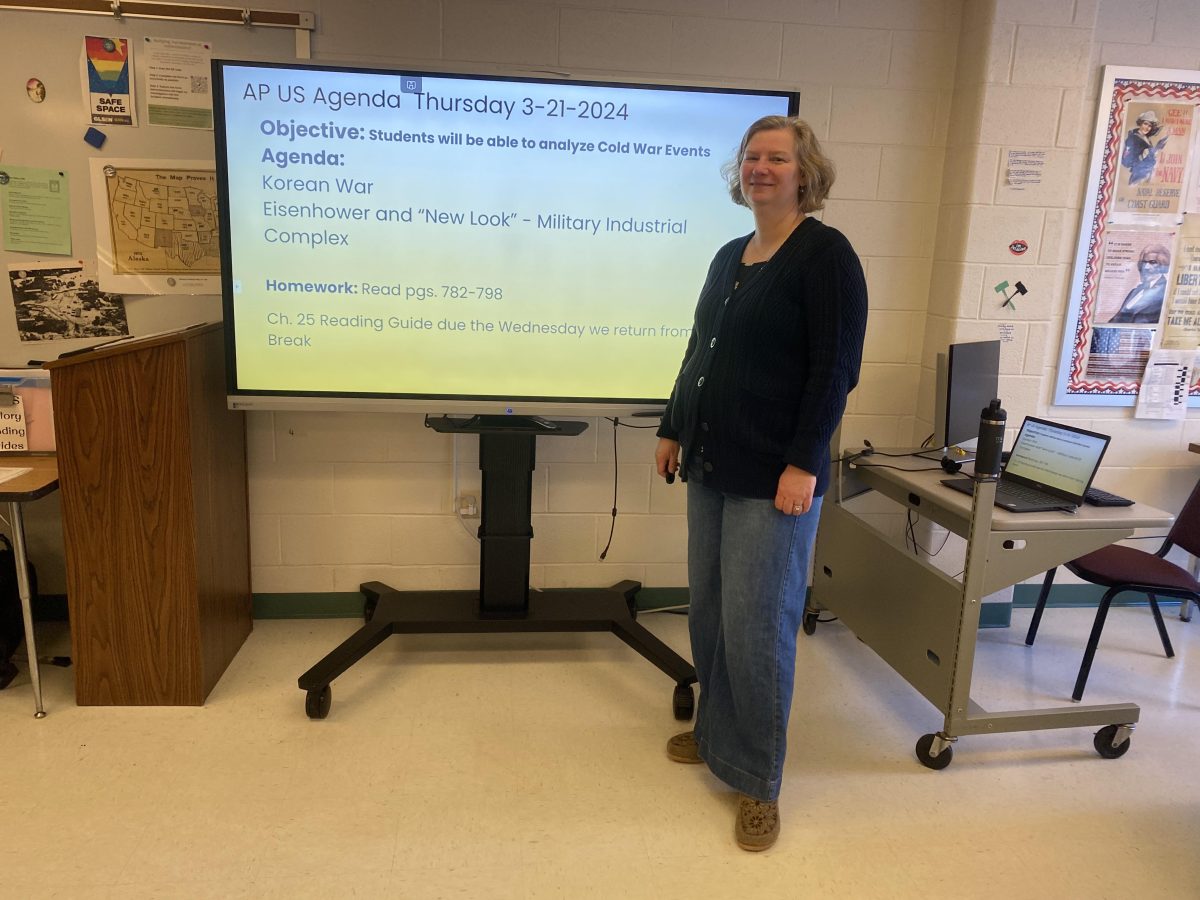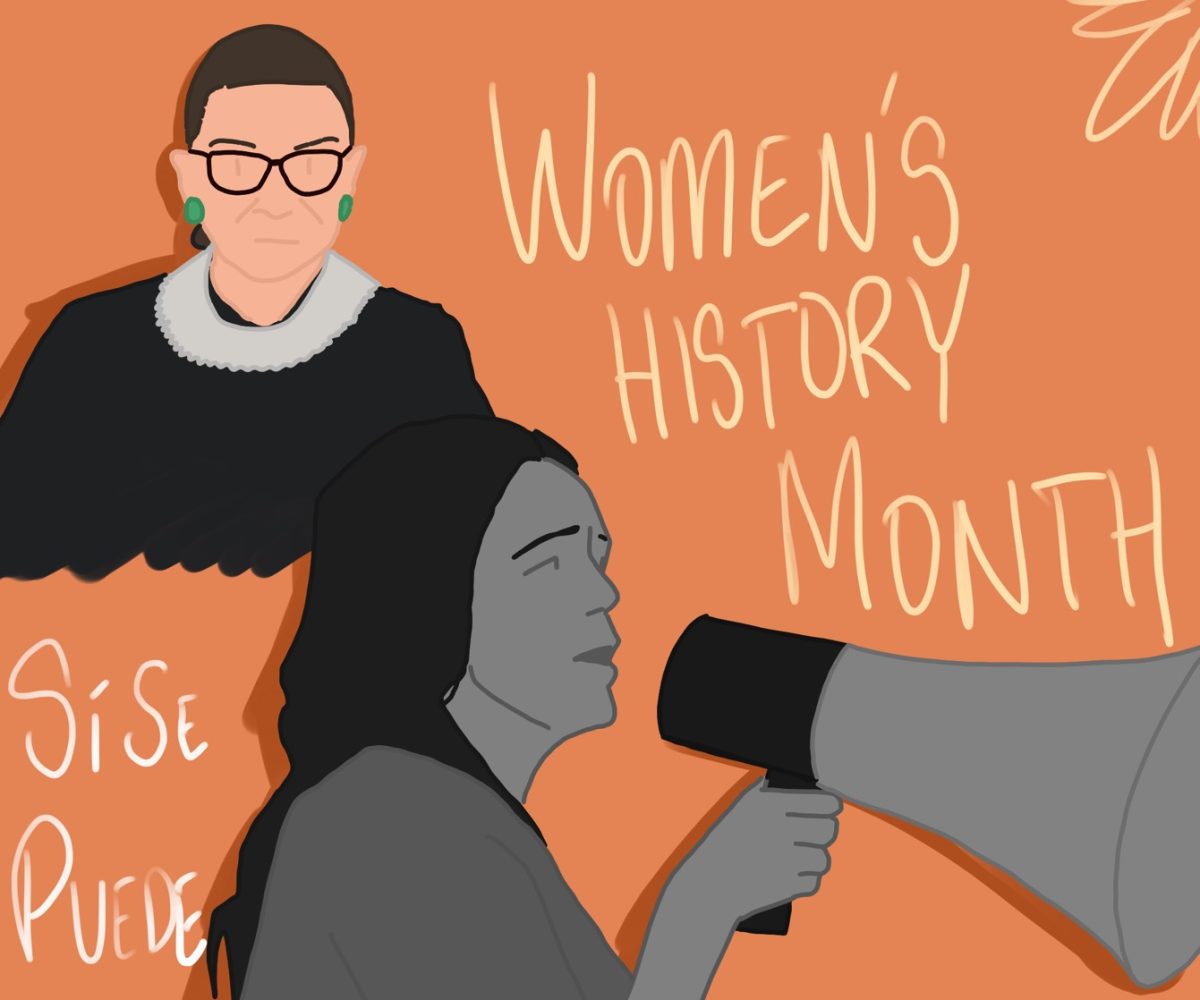Difficulty planning and organizing field trips in MCPS has led many students to miss out on important in-person experiences and community-based participation in high school.
Field trips can range from tours at museums with history classes, exploring nearby watersheds in science classes and visits to cultural restaurants with language classes. So why don’t high schoolers get these experiences?
Over the years, organizing field trips has been difficult, and thanks to Covid-19, it has never been more difficult. New forms and permission slips must be filled out in order to begin a long process which is eventually forwarded to MCPS staff who are already loaded down with other obligations.
“I miss field trips! I think they would be beneficial because as we get older we’re able to ‘handle’ more outings as a class,” junior Caitlin Regan said.
Montgomery County Public Schools has a thorough policy that teachers must complete in order to schedule and plan field trips for their classes. Preparations include filling out multiple request forms, scheduling public buses, coordinating meals, hiring substitutes for students unable to attend because of costs and waiting potentially weeks before teachers can even hear back from the offices involved in managing these affairs.
“The sheer volume of tasks on our plate makes the timeframe of my job very short term and immediate, just the proposal of a field trip is typically required six weeks in advance,” AP Environmental Science and Honors Biology teacher Brock Eastman said.
A lot of the important learning is done through real world experiences and if students can’t get that in high school, they will move forward with a lesser quality education. For language classes, practicing the language that students have been learning for years in a restaurant or shop will allow them to get a real grasp of communicating where English may not be the primary language. This is just one example of how important field trips can be to students.
“Like one time we went to Fresh Baguette in Bethesda to talk about how baguettes are made and sort of take a tour of the place and I was about to get around all of the paperwork by just saying ‘I’m going to be going here and if you wanna come too, meet me at this time.’ And I don’t think it’s the school’s fault, I think it’s just that we live in a very litigious area,” French teacher Ryan Martinez said.
Bringing students to history museums or government buildings would also enhance their look and perspective on the content that they are learning in their classes. Experiencing the class lessons up close and hearing from professionals who have devoted their lifetimes and education to studying the subjects of the ones found in museums would be more memorable to students excited to garner knowledge.
“I personally think it’s a very valuable learning skill. I think some teachers, honestly, myself included, just don’t really do them that often because of all the paperwork. Before the pandemic and after the exam, we did projects in AP classes, and one of my projects was to go down to the Natural Museum of Asian Art–the Sackler gallery, for example, and the kids could choose to go down there with some guided questions and look at a bunch of art that tied into our class. It was not an official field trip–just an optional thing,” AP Human Geography and AP World History teacher Chris Merrill said.
However, teachers are already slumped with grading, planning and responding to emails of staff, parents and students–adding to that workload with field trip forms and waiting weeks to receive confirmation questions the necessary aspect of the trips. There are different ways to comprehend the content being discussed in classes–something a lot of students had to use during the Covid-19 year at home.
Simulations that put the student in a front row seat to learn more about a broader range of topics are also an efficient way to gain knowledge of the content. But most students do not enjoy these websites–they’re hard to get around, barely ever work and it takes away opportunities to actually experiment in class.
“I don’t think the online simulations are good. It leads kids to look at everything as a game rather than reality,” senior Calla Johnson said.
Most students don’t get many–if any, at all–opportunities to explore what they’re learning outside of the classroom, and understanding why that is important to keep in mind while also trying to find ways to immerse themselves in their subjects outside of the classroom.

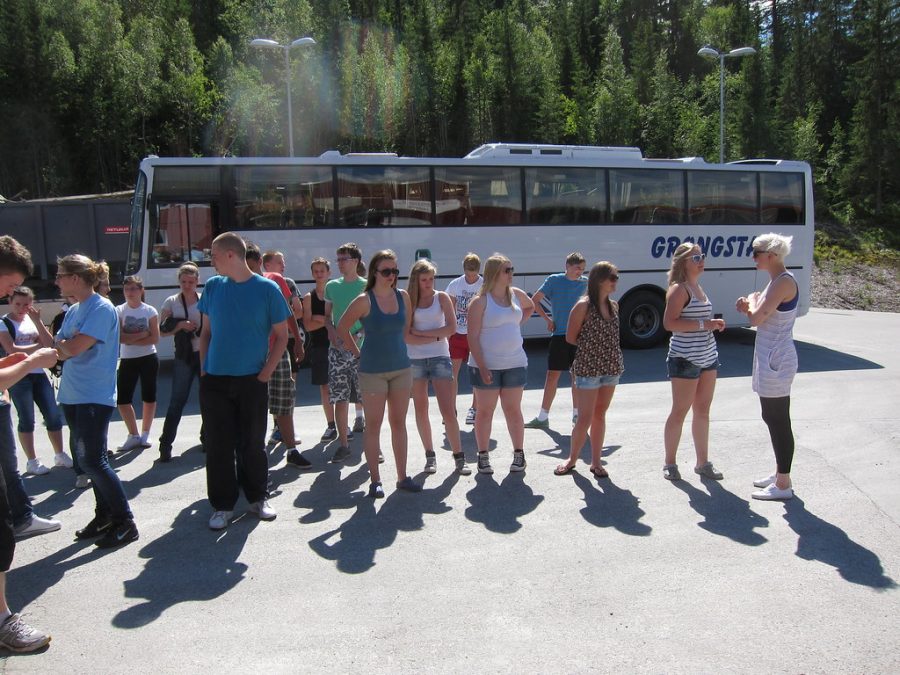
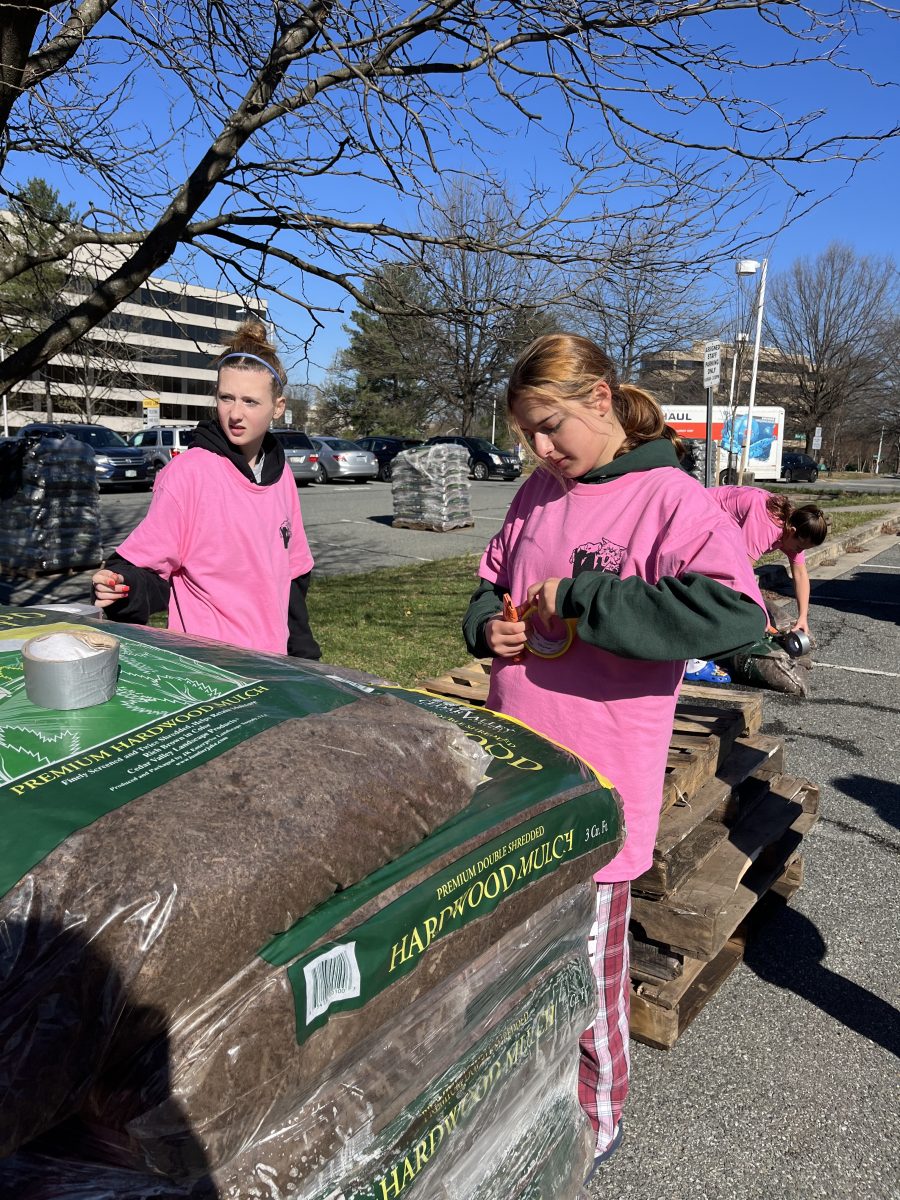
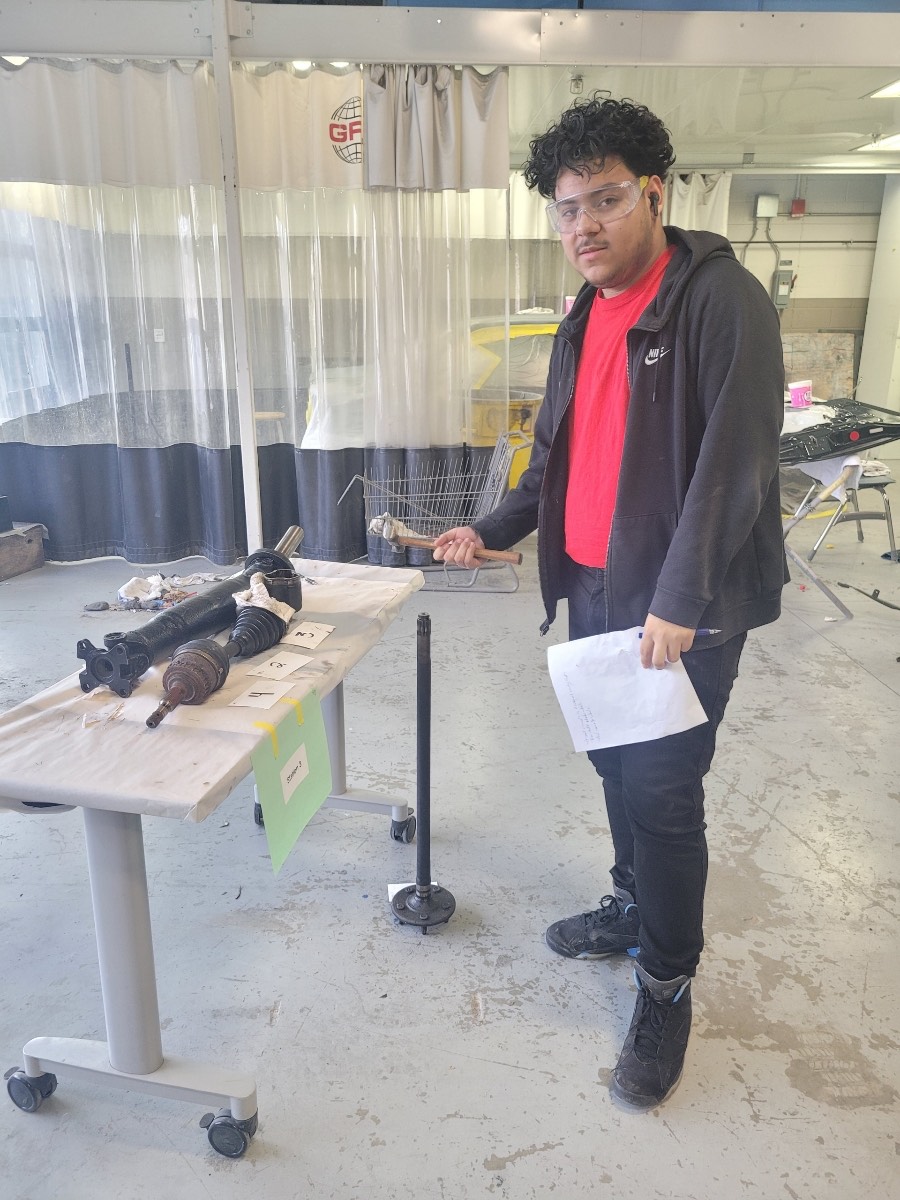
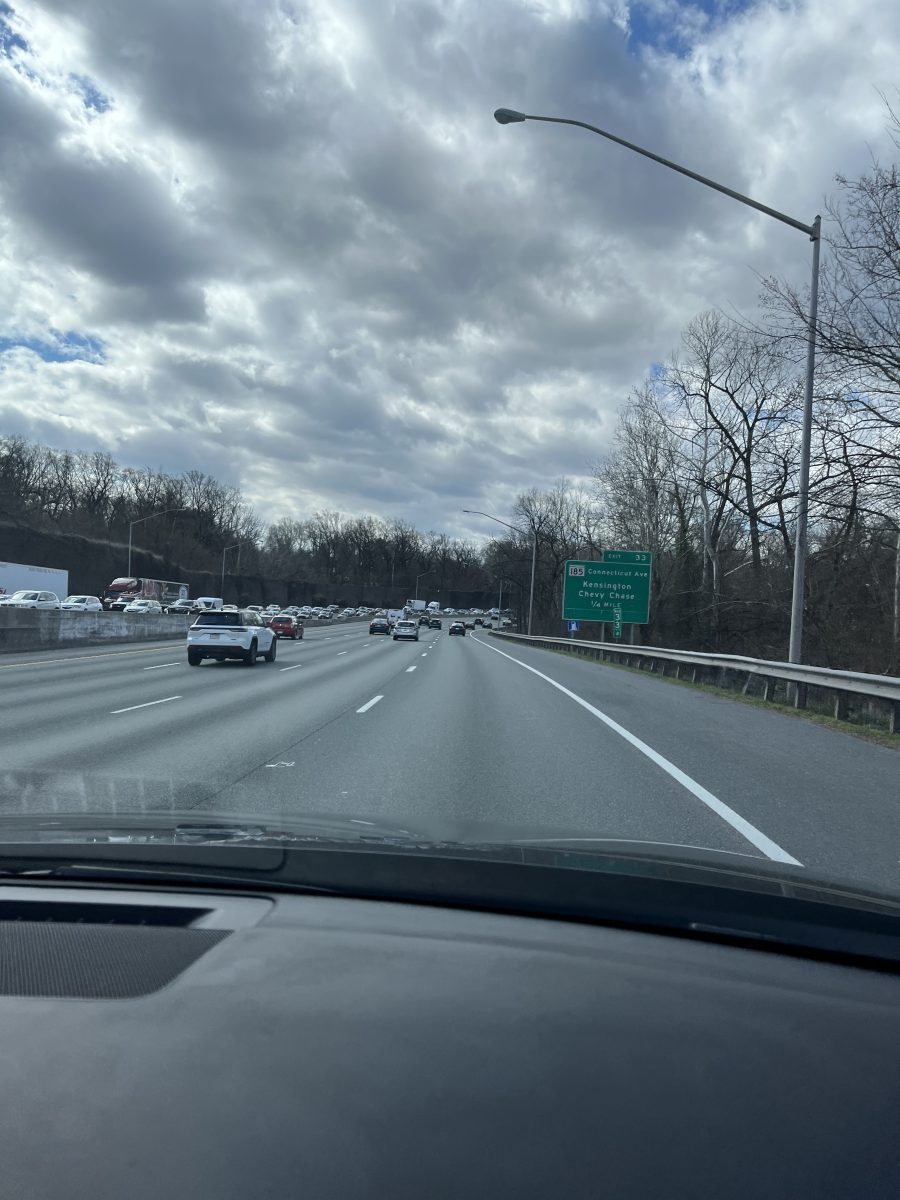
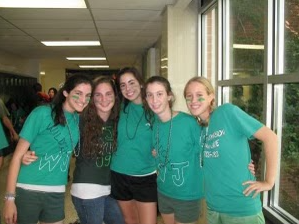
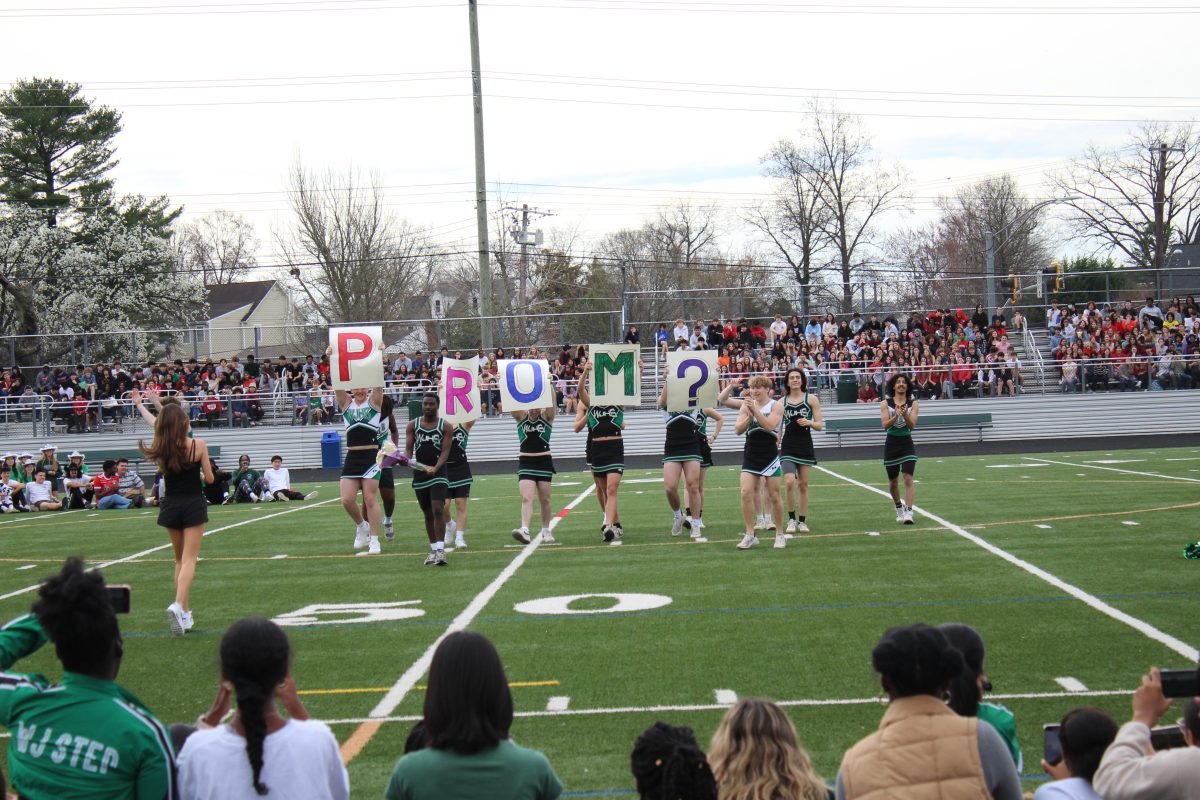
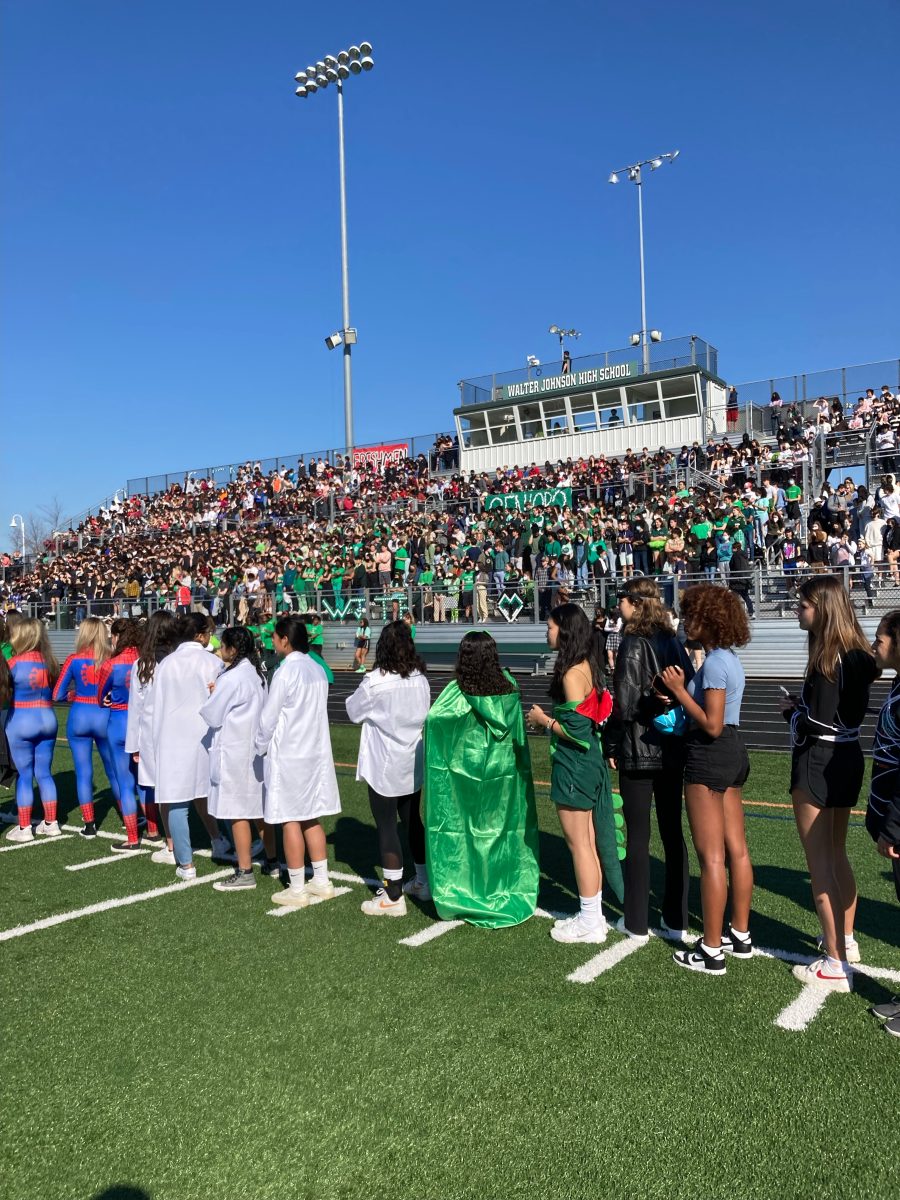

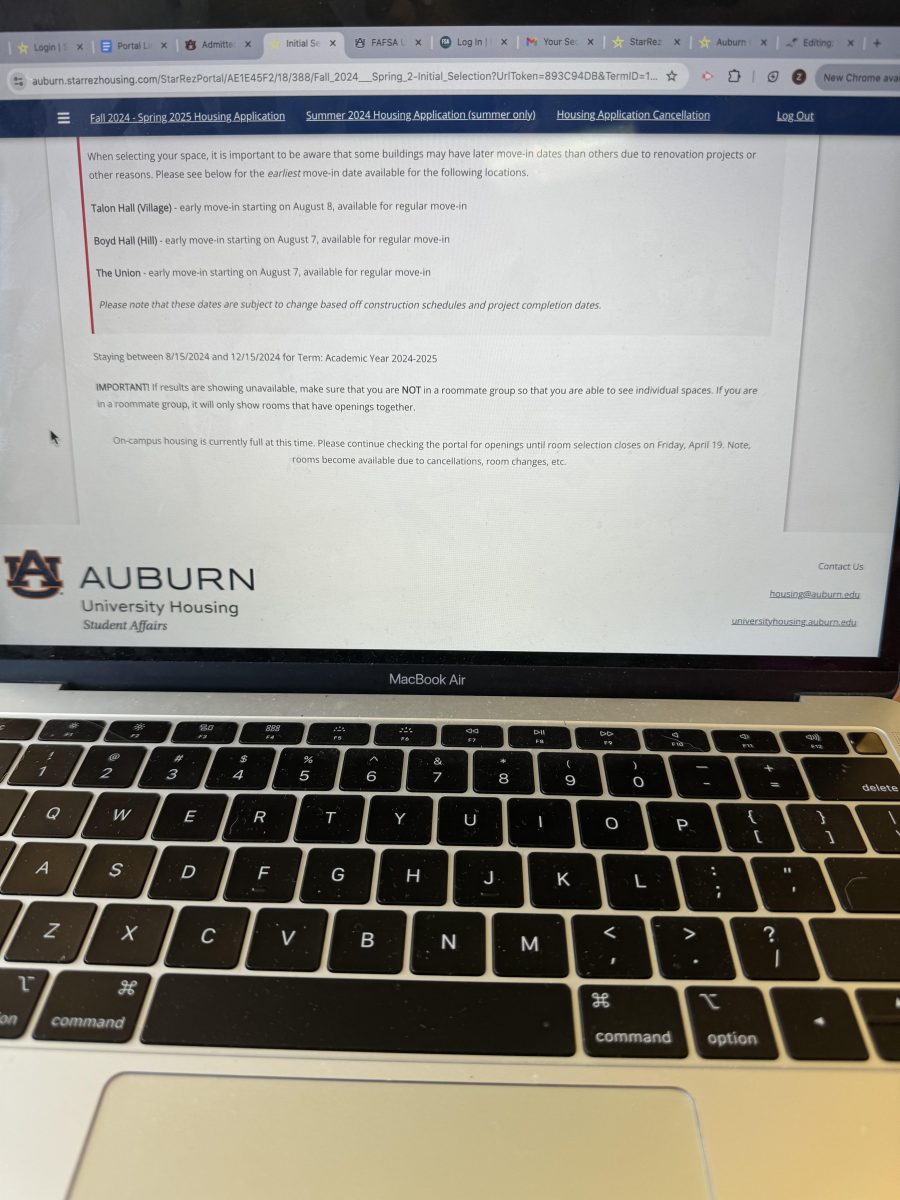


![Since the collapse of the Baltimore Bridge in late March, federal law enforcement has began investigating what preceded the event. In a statement to CBS News, a spokesperson for the FBI said, [The] FBI is present aboard the cargo ship Dali conducting court authorized law enforcement activity. There is no other public information available and we will have no further comment. (Courtesy Isaac Smay via Flickr)](https://www.wjpitch.com/wp-content/uploads/2024/04/53619368036_399400003a_b.jpg)
